AeroGenie — Your Intelligent Copilot.
Trending
Categories
ZeroAvia Secures Patents for Large Hydrogen Aviation Engines
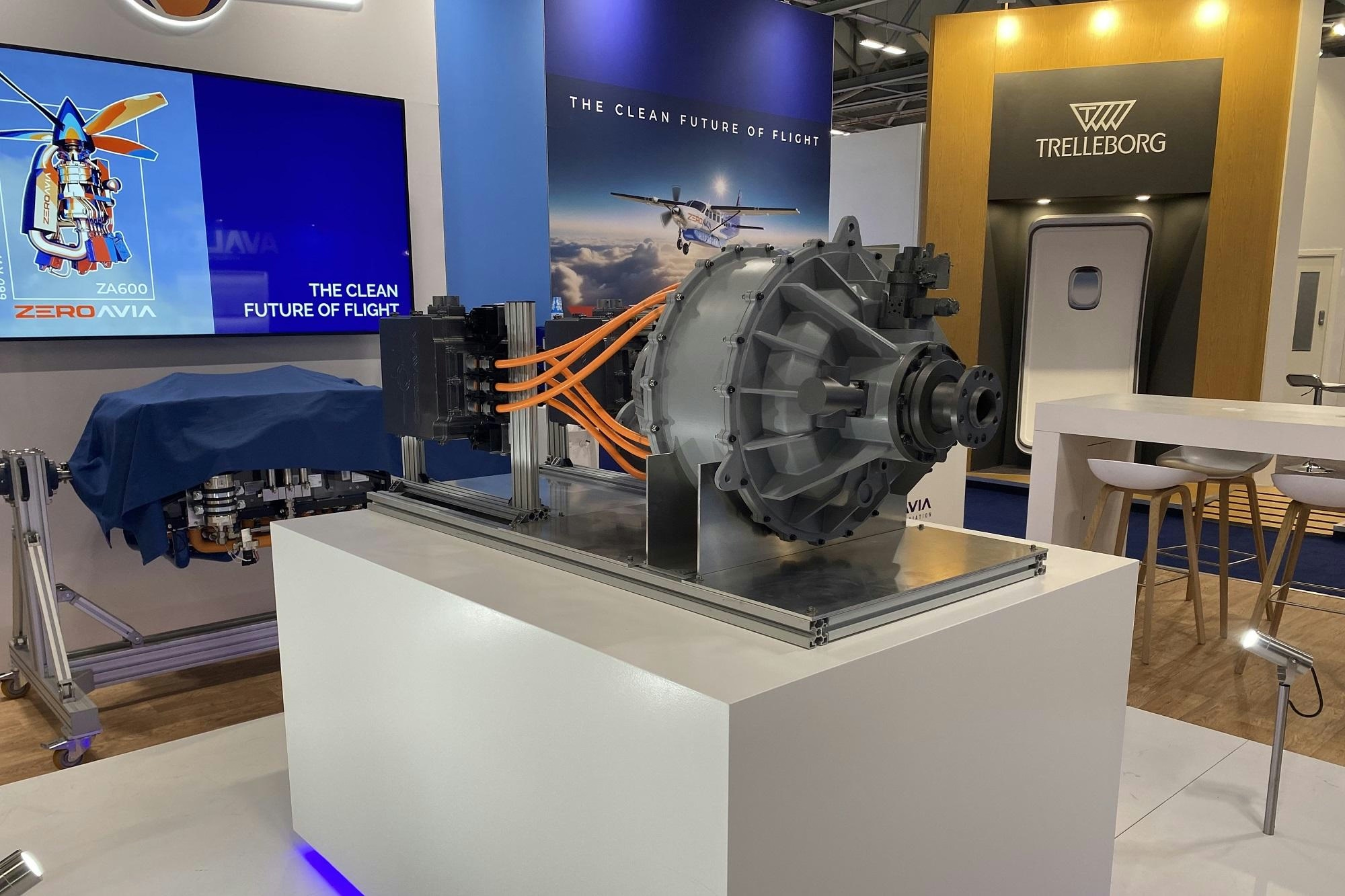
ZeroAvia Strengthens Patent Portfolio for Large-Scale Hydrogen Aviation Engines
ZeroAvia has significantly expanded its intellectual property holdings this year, securing nine new patents that reinforce its position in the development of hydrogen-electric propulsion systems for larger regional aircraft. With a total of 45 granted patents and nearly 250 applications underway, the company is advancing its strategy to scale hydrogen-electric engines for aircraft models such as the ATR and Dash 8 families. These patents are integral to ZeroAvia’s efforts to commercialize zero-emission powertrains capable of serving the growing demand for sustainable regional aviation.
Innovations in Engine Design and Fuel Cell Technology
Among the newly awarded patents, the United States Patent and Trademark Office (USPTO) granted patent no. 12,341,225, which covers an integrated hydrogen-electric engine design. This patent supports the development of ZeroAvia’s modular multi-megawatt ZA2000 engine, engineered for 40- to 80-seat regional turboprops and jets. The design emphasizes advanced integration techniques that yield a compact, power-dense engine capable of delivering zero emissions, marking a critical step toward larger hydrogen-powered aircraft.
In the United Kingdom, patent GB2614450 addresses innovative coatings for aluminum bipolar plates used in high-temperature proton exchange membrane (HTPEM) fuel cell systems. This breakthrough enables the use of lightweight metals at elevated operating temperatures, overcoming previous material degradation issues. The advancement is crucial for enhancing the specific power of fuel cell systems, a key requirement for scaling hydrogen-electric propulsion to larger aircraft platforms.
Additional patents awarded to ZeroAvia cover a range of technologies including cryogenic and thermal management systems for fuel cells, as well as catalysts employing platinum nanoparticles to improve fuel cell efficiency. One notable patent describes a hydrogen refueling system that incorporates a thermoelectric generator, converting heat generated during refueling into electrical power to support other aircraft systems. Collectively, these innovations span all critical engine subsystems and integration aspects, underscoring ZeroAvia’s comprehensive approach to hydrogen propulsion.
Industry Context and Market Prospects
ZeroAvia’s expanding patent portfolio arrives amid intensifying competition as major aerospace manufacturers such as Airbus and Boeing accelerate their own hydrogen aircraft initiatives and intellectual property filings. Competitors including Airbus and MTU Aero Engines have publicly outlined roadmaps for hydrogen fuel cell propulsion, reflecting a broader industry shift toward sustainable aviation technologies.
Despite the technical and financial challenges associated with developing and scaling hydrogen-electric engines, ZeroAvia has garnered positive market interest. The company recently entered into a partnership with Loganair to explore the deployment of hydrogen-electric engines for regional flights, signaling growing commercial viability and industry confidence in hydrogen propulsion.
Val Miftakhov, founder and CEO of ZeroAvia, emphasized the significance of these developments: “Recent patents filed and granted around hydrogen aviation give a window into an accelerating field of innovation. As we see the large airframe manufacturers beginning to compete on technologies for hydrogen aircraft, there is a big opportunity for companies pioneering hydrogen propulsion systems. These are the inventions that will deliver truly clean, more affordable and highly efficient commercial air travel.”
Building a robust intellectual property portfolio remains central to ZeroAvia’s strategy, enabling the company to advance critical design milestones and unlock commercial opportunities beyond the core aero engine market. As the aviation sector intensifies its focus on hydrogen, securing patents for engine systems is becoming increasingly vital for companies seeking leadership in clean propulsion technologies.
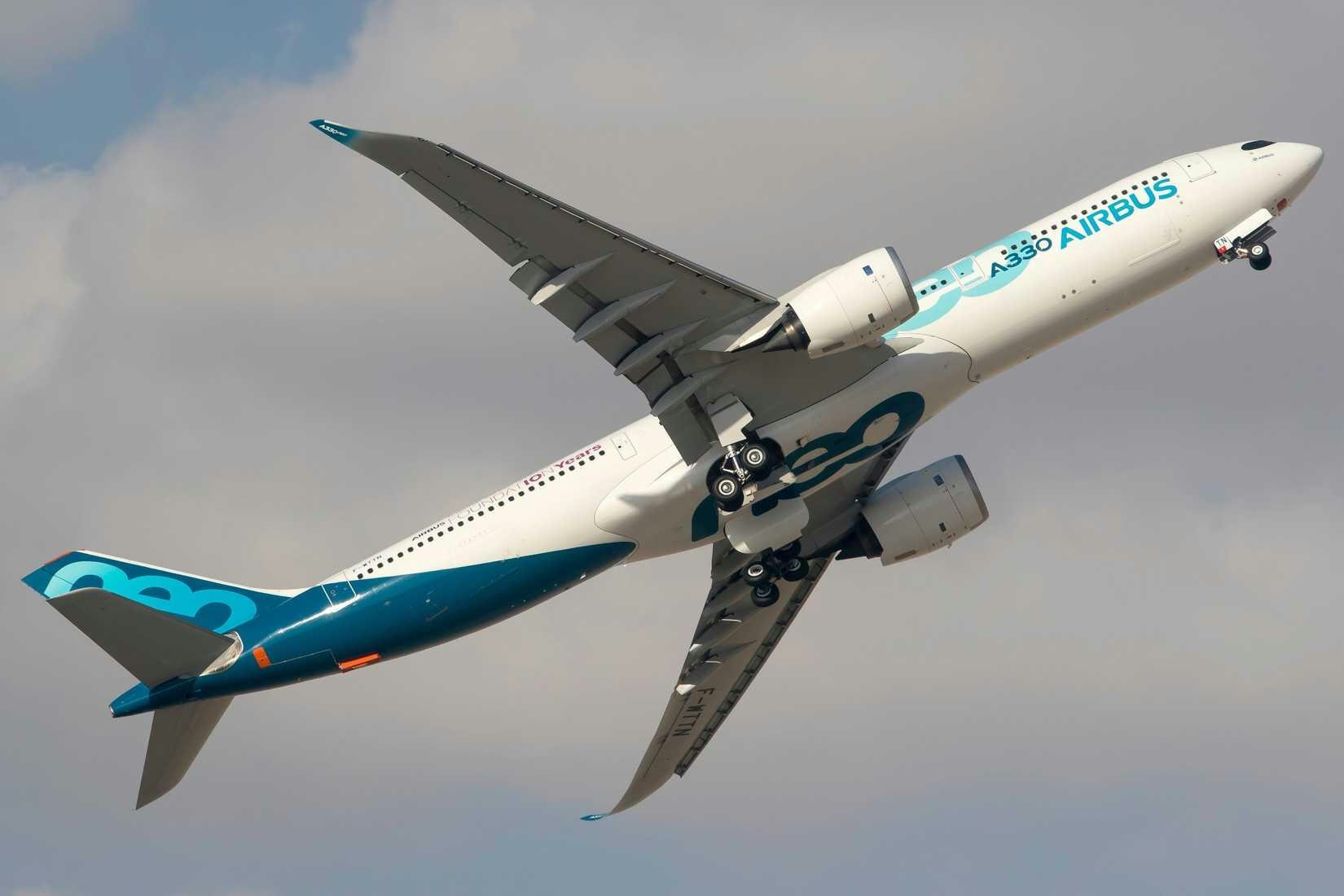
GOL CEO Confirms Possible Arrival of A330neo Widebody Aircraft
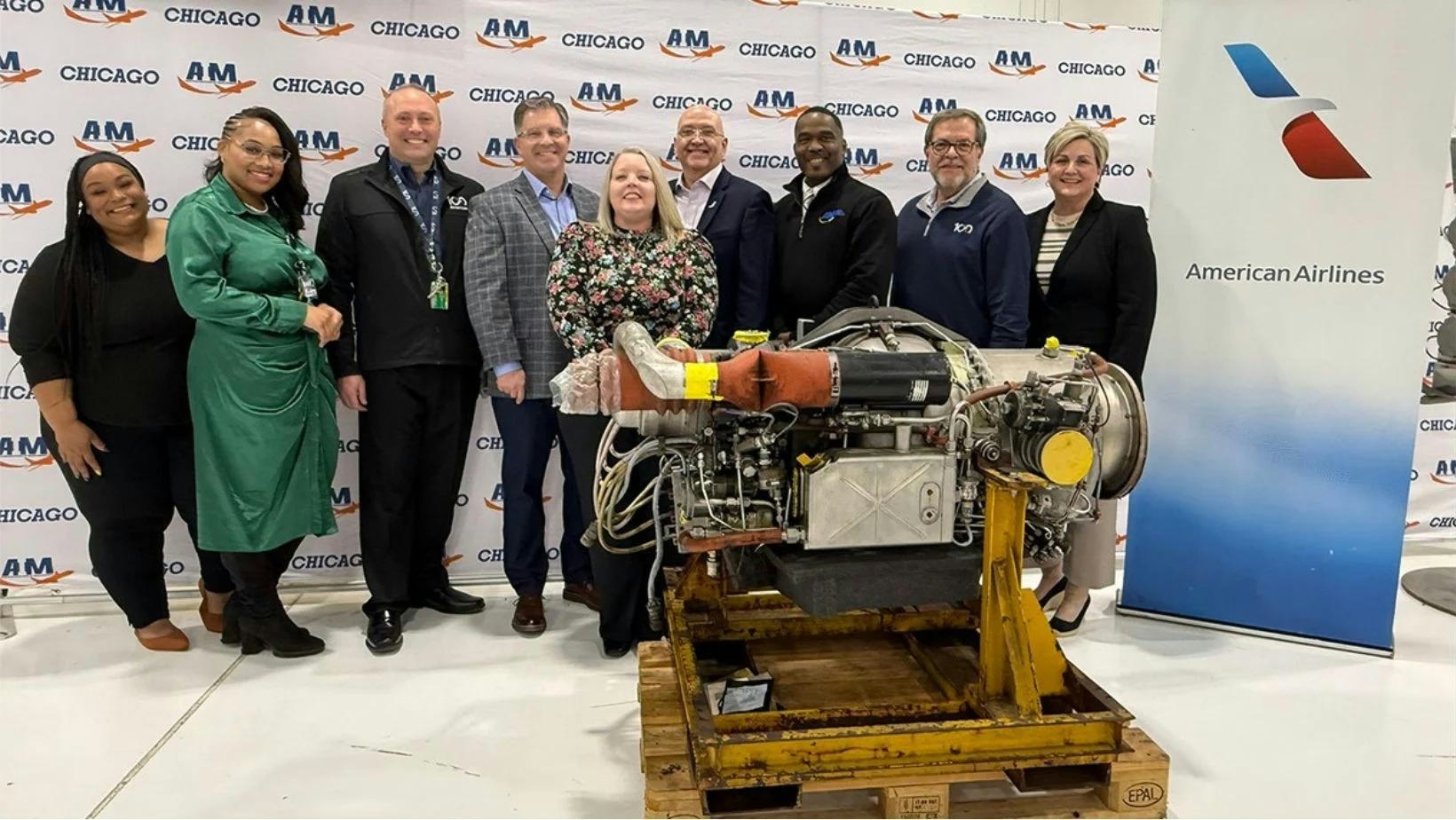
American Airlines donates APU to AIM Chicago for student training
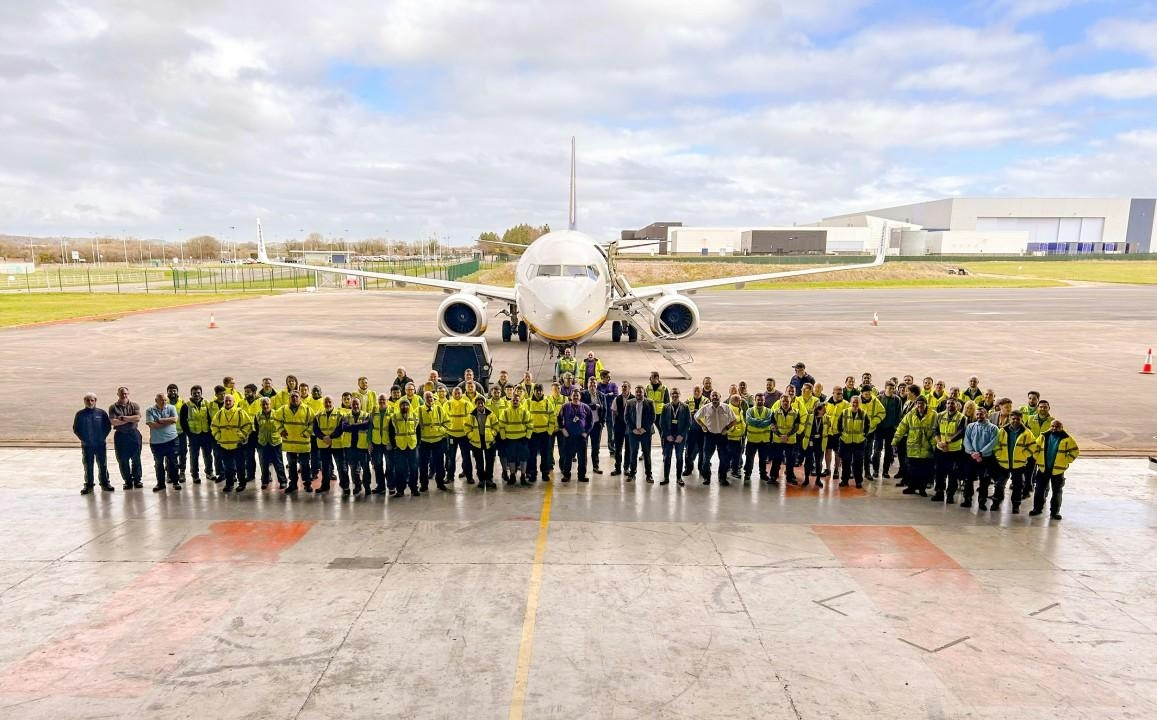
Steer Appointed Base Maintenance Manager at Caerdav
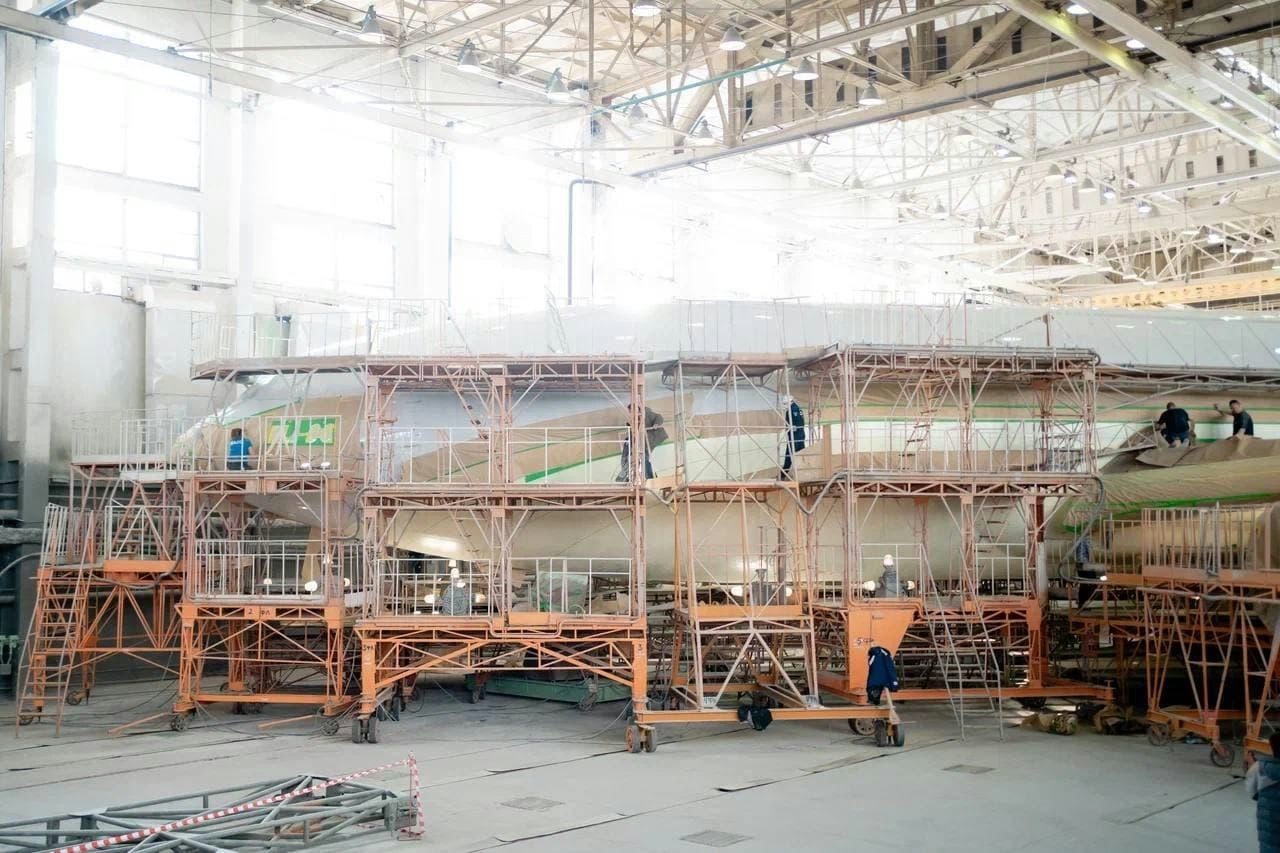
New Il-96 Wide-Body Aircraft Built in Russia; Customer Remains Undisclosed
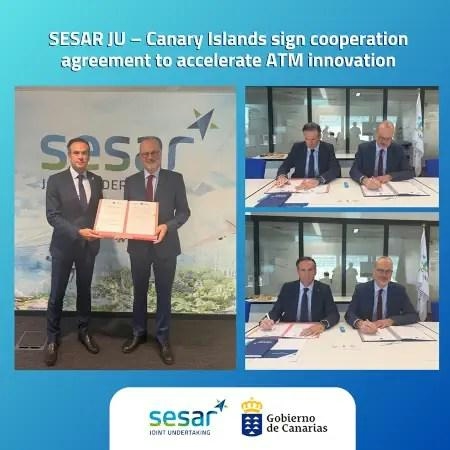
SESAR JU and Canary Islands Sign Agreement to Advance Air Traffic Management
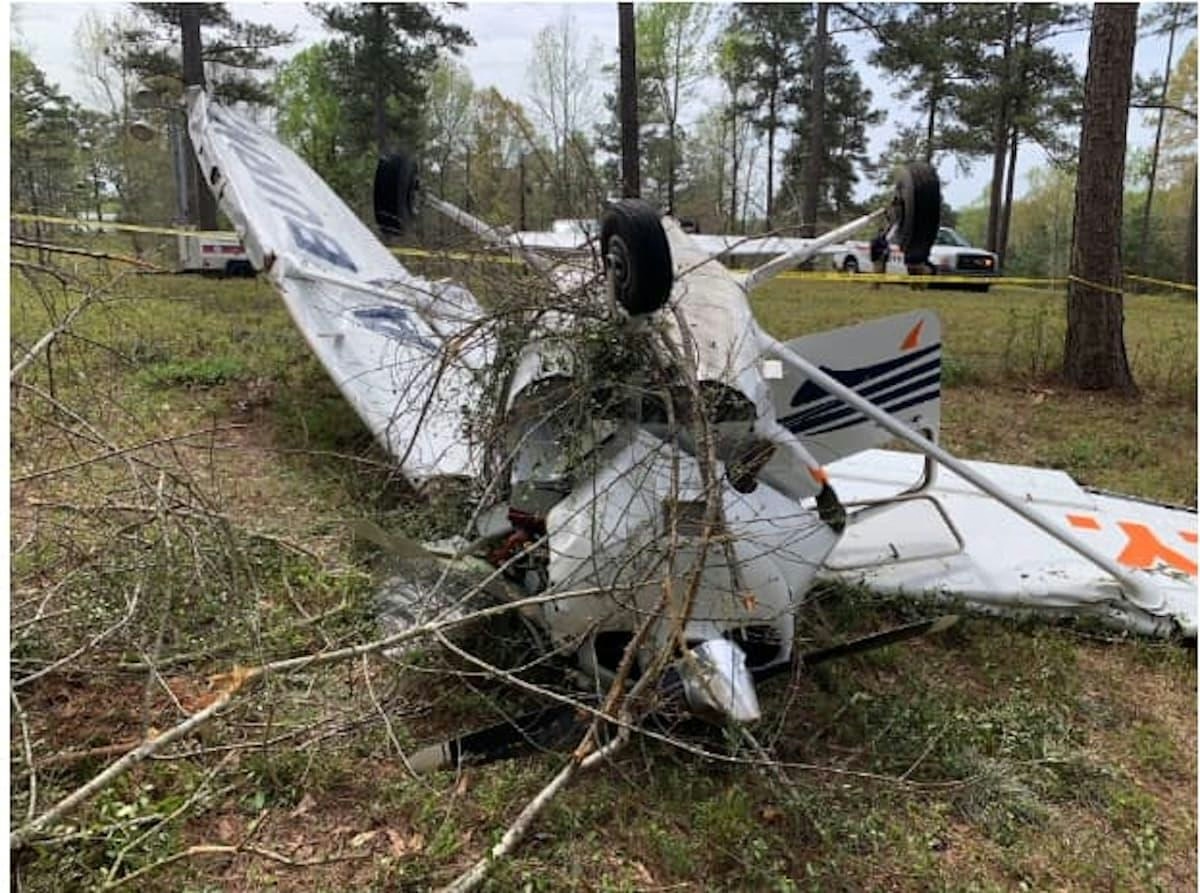
Contaminated Fuel Injector Causes Emergency Landing
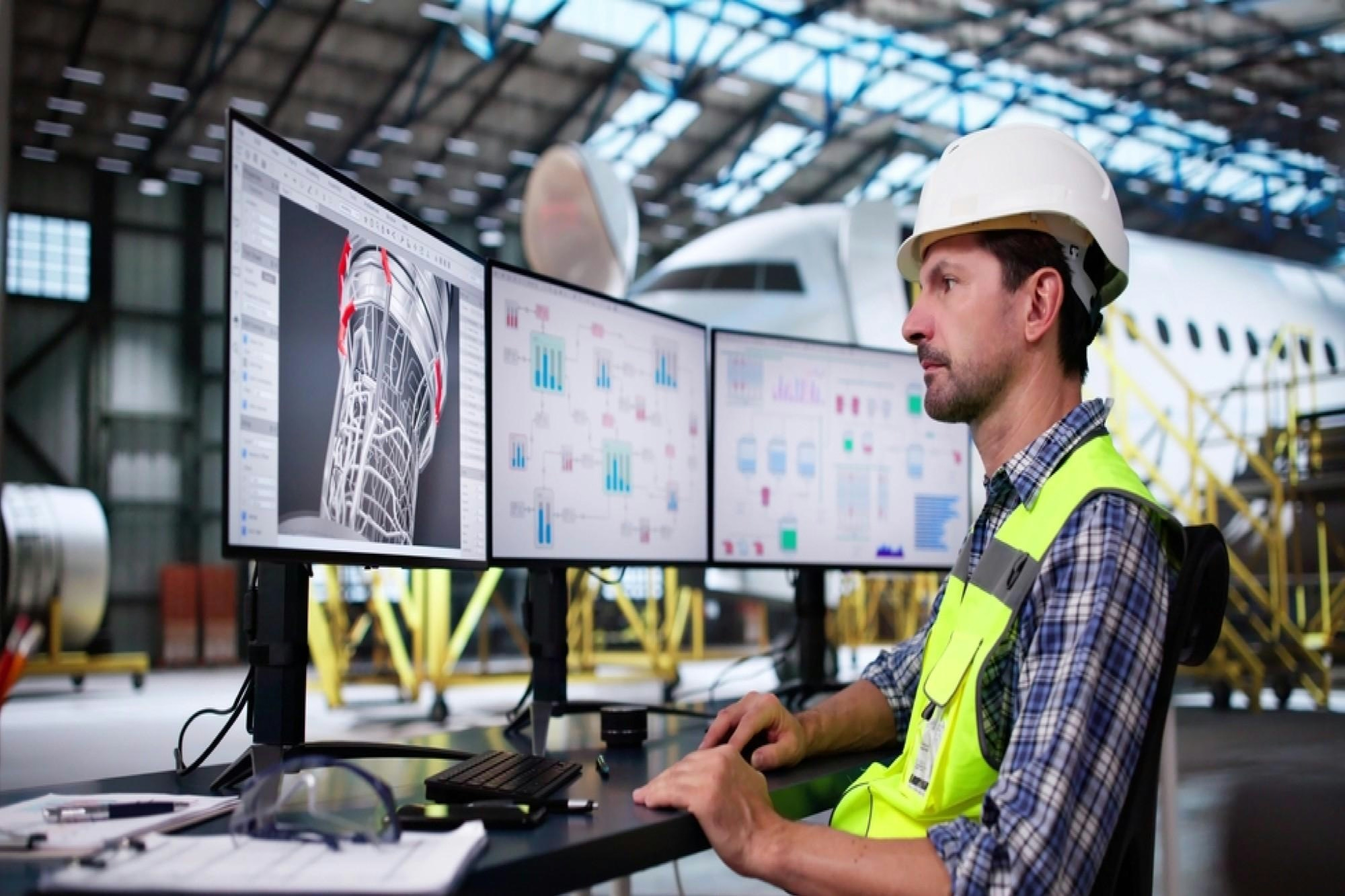
Sahar Group Adopts Ramco Aviation Software to Support Growth
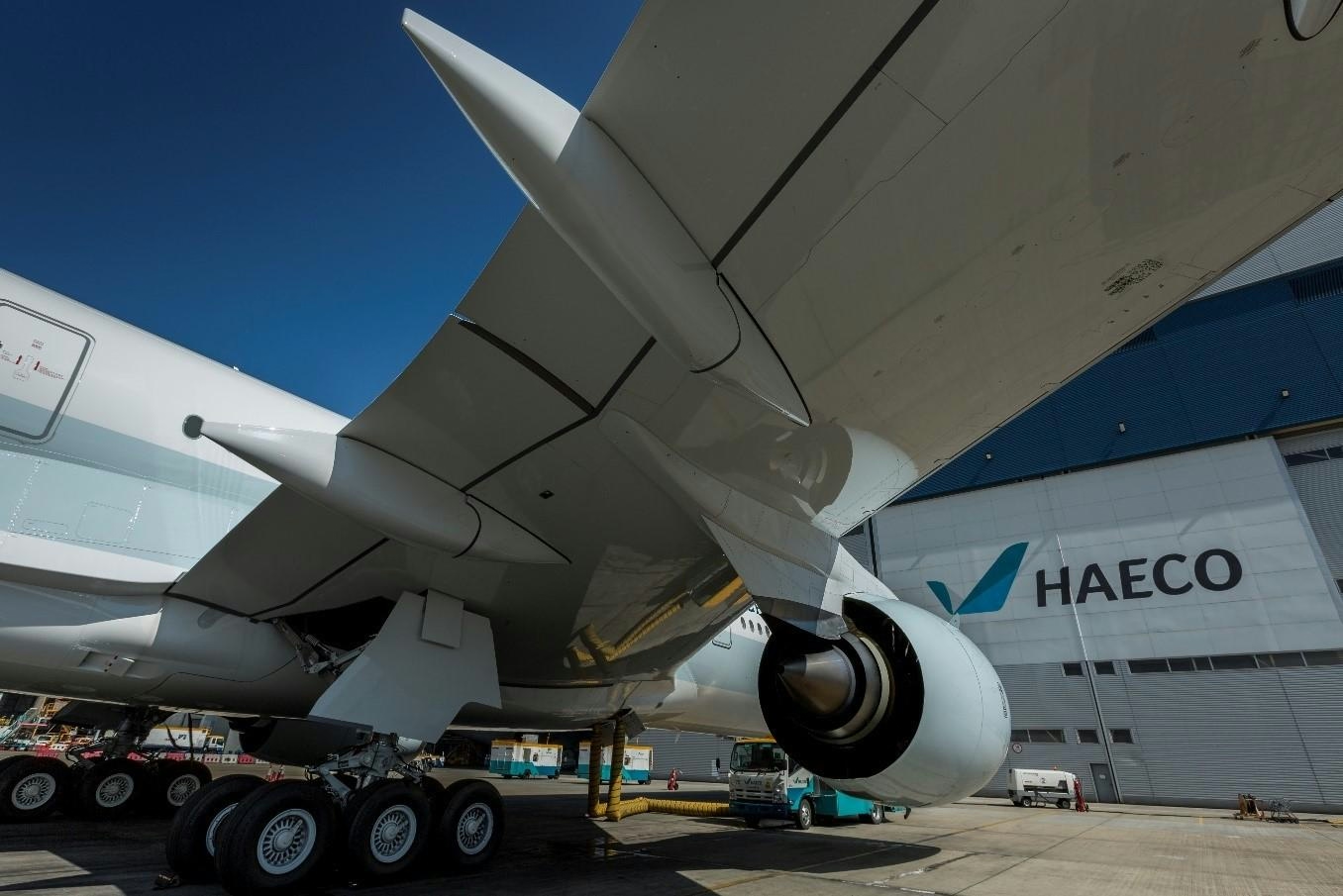
Deucalion Leases Three A330 Aircraft to Wamos Air
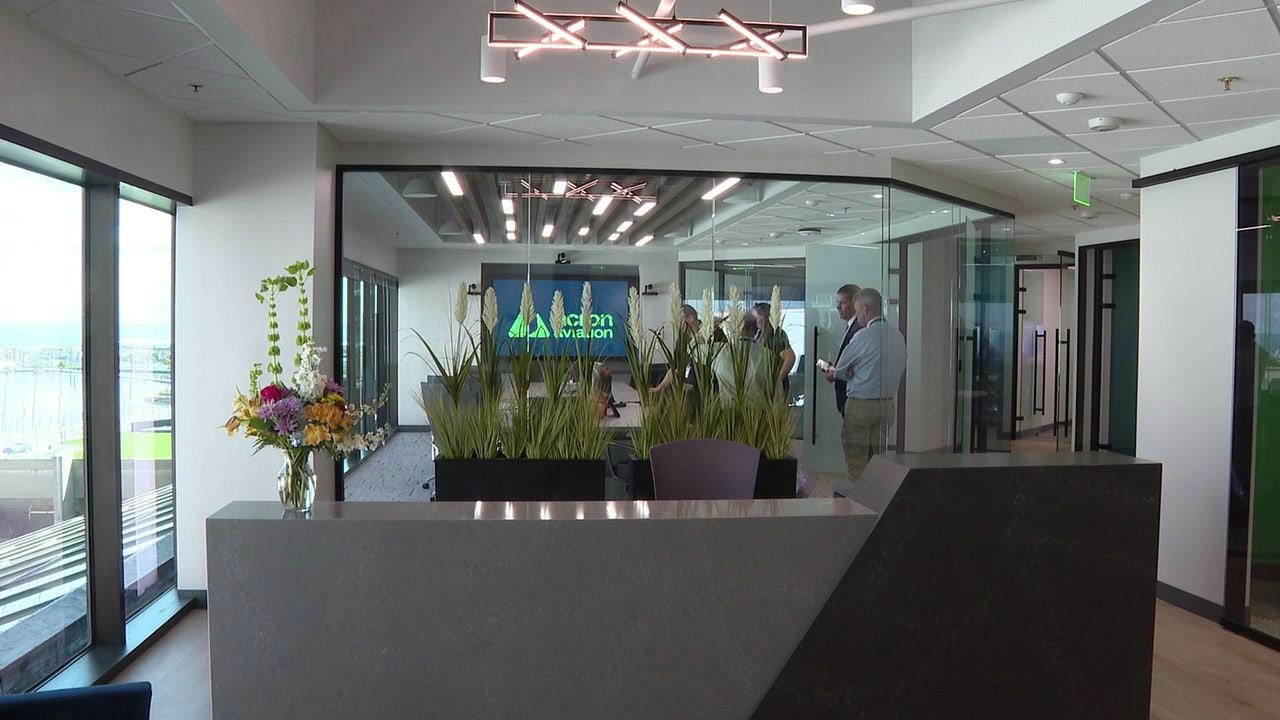
Acron Aviation Opens Global Headquarters in St. Petersburg, Florida
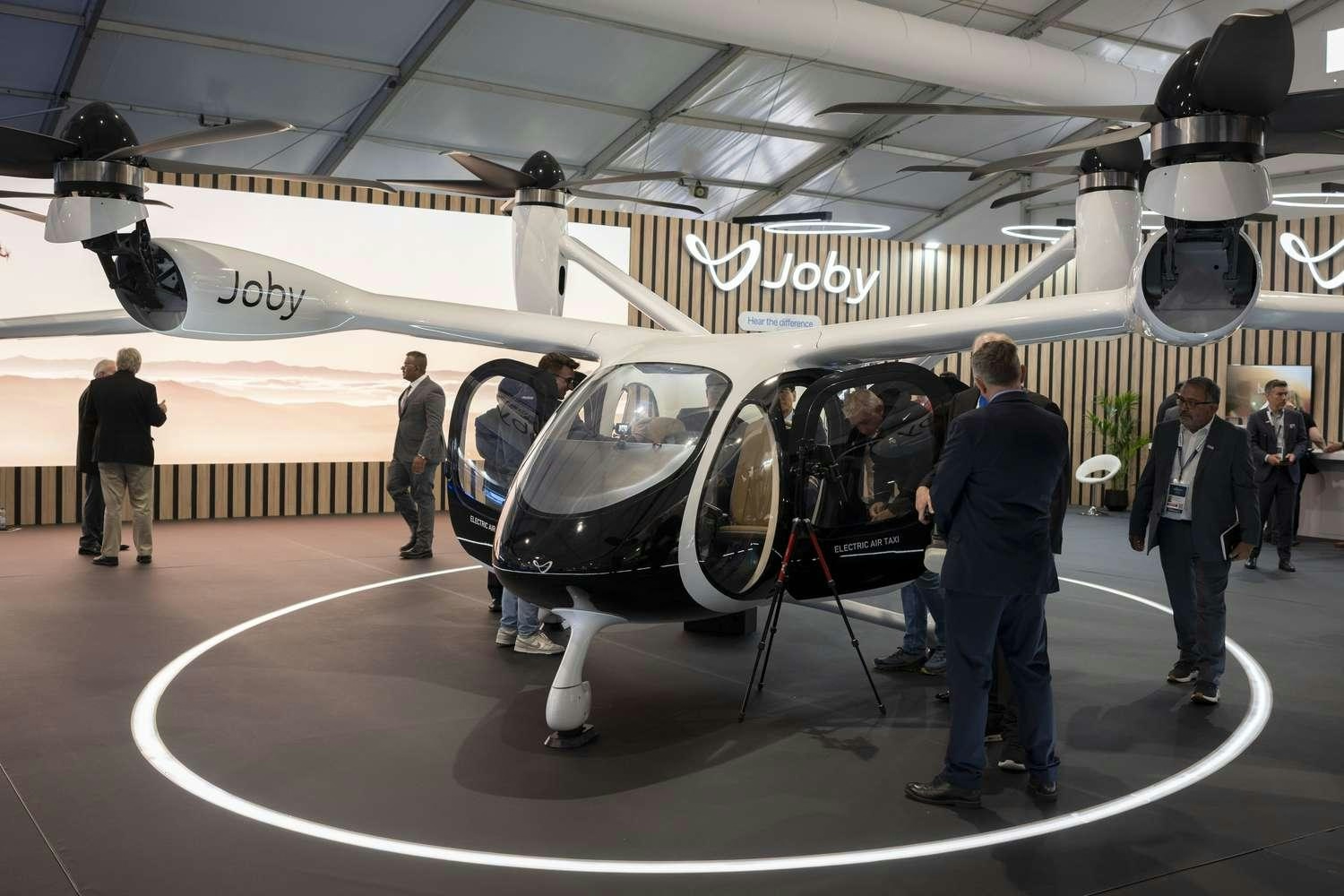
Will Uber and Joby Aviation Stocks Rise After Recent Announcements?
